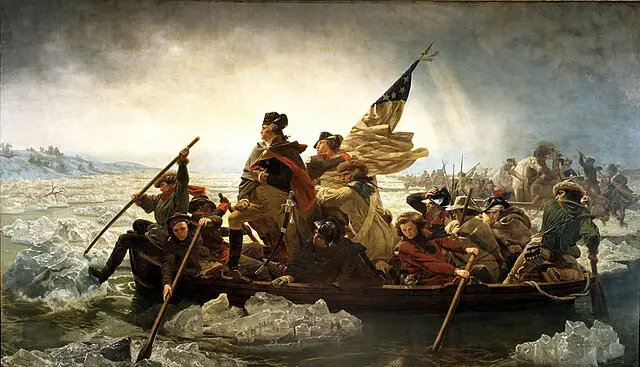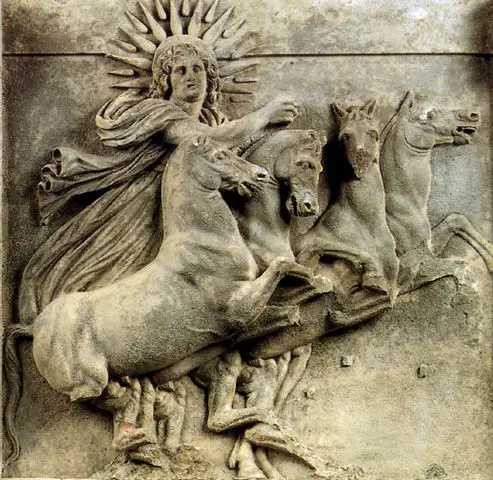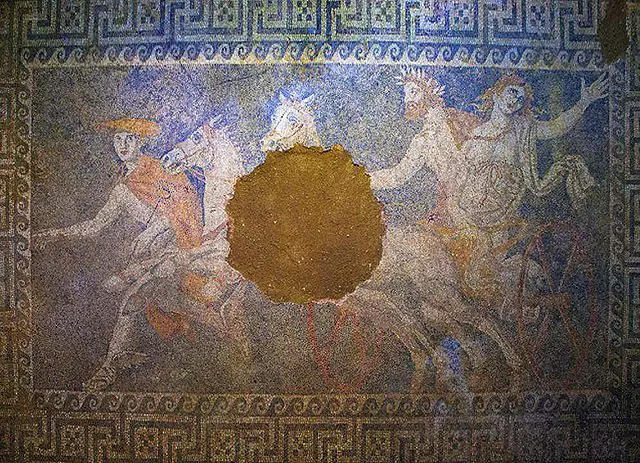| Born | 1694, Paris, France |
| Died | 1778, Paris, France |
| Famous Quote | “The mirror is a worthless invention. The only way to truly see yourself is in the reflection of someone else’s eyes.“ |
| Reason For Fame | Prolific writer in support of democratic principles who pushed the west towards democracy. |
| Area Of Influence | France, England, North America |
| Further Reading | The Absolute 21 Most Influential And Greatest Writers In History |
Few people in history have had the effect that Voltaire has had upon the world. So large is Voltaire’s impact upon the world that academics for the past 100 years have called the 18th century the Age of Voltaire.
Voltaire lived during the 17th century in France. During this time all of Europe was controlled by a combination of nobles, the church, and monarchies. Voltaire lived to see all of this change.
While Voltaire has had a multitude of effects on the world the top 3 ways he changed the world and society are as follows.
- Voltaire advocated for the freedom of speech
- The concept of the separation of church and state is attributed to Voltaire
- Voltaire shifted the world from authoritarianism to democracy
Simply put, the reason the people of the western world can enjoy things such as freedom of religion, freedom of speech, and enfranchisement in their government is because of Voltaire’s impacts.
Here at The History Ace I am to write articles that explain advanced concepts in history in a very approachable manner. Feel free to sign up for the free newsletter to remain up to date on all things history.
Without further ado, here are the top 3 ways Voltaire changed the world.
1: Voltaire Advocated For The Freedom of Speech
“I disapprove of what you say, but I will defend to the death your right to say it.”
-Evelyn Beatrice Hall describing Voltaire’s beliefs
Across the western world today we enjoy the freedom of speech. This right is inherent to democratic governments that give voting power to their citizens. This was not the case during the time of Voltaire. Even from an early age, Voltaire was known for getting into trouble with authorities due to his outspoken nature.
In 1717 at the age of 23, Voltaire would write an epic poem titled La Henriade that criticized the Kingdom of France’s policy of state-sanctioned religion. As a result of this Voltaire spent a year of his life in prison.
This would profoundly affect Voltaire’s views on the powers of the state, the ideal nation, and the role of faith in government. However, the main driving force of Voltaire’s work would revolve around freedom of speech.
Voltaire believed that in order for a nation to prosper and grow it must allow freedom of speech. In 1726 Voltaire would be exiled from France to Britain. While exiled from France, in 1734 Voltaire would write his greatest work Letters on the English.
This collection of essays praised the English for their religious tolerance, freedom of speech, and democratic principles in Parliament. This book was a critique of the French Kingdom, and as such it was swiftly banned across France.
Voltaire’s effect resonated across the intellectual world. Overnight many people began to see how other nations were implementing policies they wanted. The match was struck and over the course of the 18th century Europe would see several democratic revolutions.
Freedom of speech became iconic with these democratic movements. No longer would people such as Voltaire be imprisoned for their spoken or written words.
Today we can thank Voltaire for starting both the French and American revolutions and establishing rights such as the freedom of speech.
2: The Concept Of The Separation of Church And State Is Attributed To Voltaire
“Those who can make you believe absurdities, can make you commit atrocities.”
-Voltaire, “Collection of Letters on Miracles”
Today across the nations of the western world there is some degree of separation between the church and the state. This concept is because of Voltaire’s writings.
Aside from freedom of speech, Voltaire wrote heavily against the abuse of power. Within his writings, we can clearly see that Voltaire believed that in order for a nation to succeed there must be a clear separation between church and state.
Voltaire was not the first to come up with the idea of the separation of church and state; that honor is reserved for John Locke who wrote one generation before Voltaire.
However, Voltaire popularized the idea across Europe through his writings. Due to the popularity of Voltaire and the widespread use of French as the intellectual language during the 18th century, Voltaire jump-started this democratic principle.
In the late 18th century Voltaire’s works inspired the creation of several cults based that sought to challenge established religious dogma across Europe. Of these was the famous Cult of Reason.
Simply put, without Voltaire the concept of the separation of church and state might not have taken hold within Europe.
3:Voltaire Shifted The World From Authoritarianism To Democracy
“Love truth, but pardon error.”
-Voltaire
The 18th century marks one of the greatest centuries in the history of mankind. Over the period of a century, the world saw rapid advances in technology, the start of the industrial revolution, advances in the humanities, and most importantly two major ideological revolutions.
These were the revolutions of the Americas and the French Revolution. One was in the new world (the U.S) and the second was the old (Europe). Democracy as a government had a second reemergence after its brief period of success in ancient Greece.
Without Voltaire, this would have never happened.
The reason is simple. Voltaire was willing to risk his life by writing popular pamphlets, books, essays, plays, and letters that all had one central theme. The challenging of unjust power and the establishment of democratic governments.
Over the course of Voltaire’s life he would publish more than 20,000 letters, 2,000 books, and an unknown amount of pamphlets. All of these writings at their core were designed to induce the reader to think critically about their world and the powers that control them.
This corpus of text marks Voltaire as one of the most prolific writers of all time. This alone would be enough to cement his legacy however in typical Voltaire fashion this was not enough.
Voltaire would put power behind his words and routinely challenge authority. This directly led to the other people challenging authority as well.
As a result, the late 18th and early 19th centuries saw several resolutions in favor of a shift from authoritarian governments such as monarchies to democracies.
Conclusion
There you have it, the 3 ways Voltaire changed the world. There are only a handful of people in history who have demonstrated such a lasting effect.
What did you think about this simple list? Did you like it or would you like to change something? Feel free to email me.
Here at The History Ace I routinely publish articles that go over everything history. If you like articles such as this one feel free to sign up for the free newsletter to remain up to date on all things history.
Further, you can check out some of the other articles below.
-
How The American Revolution Changed The World

Here is how the American Revolution changed the world. Many people are not aware of just how important this event actually was.
-
Why The Roman People Loved Chariot Racing

Why did the Roman people love chariot racing? Well it all comes down to these 3 reasons.
-
The Design and Color of Roman Chariots

What was the design and color of Roman Chariots? Were they faster or slower then normal chariots? Well here is everything!
Best of luck on your history journey,
Nick